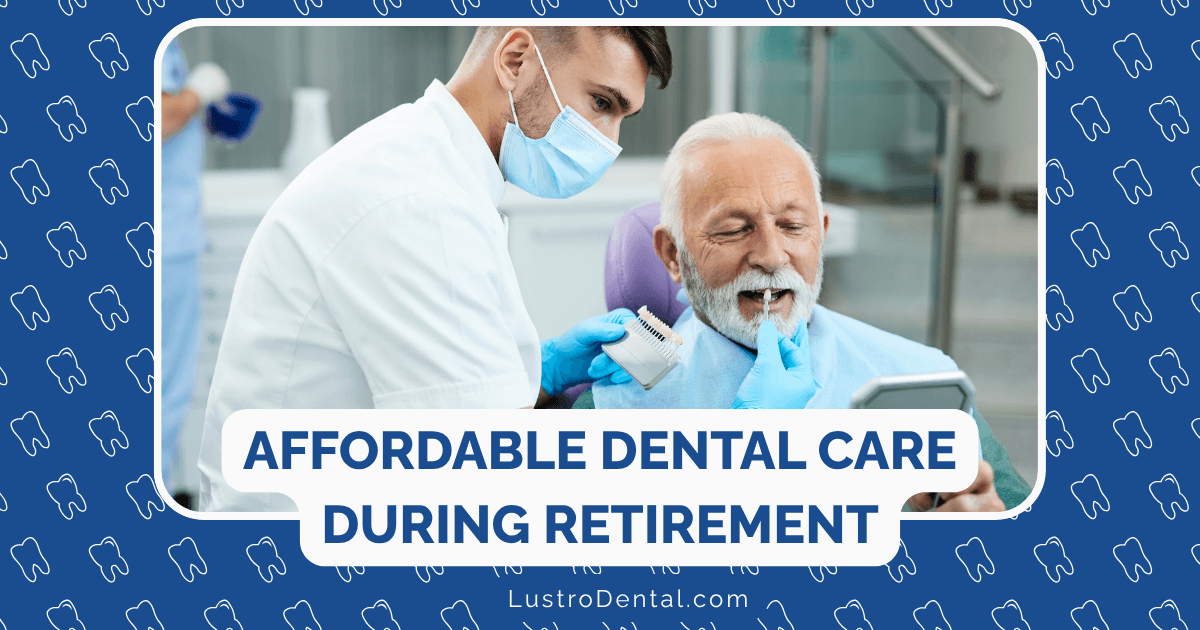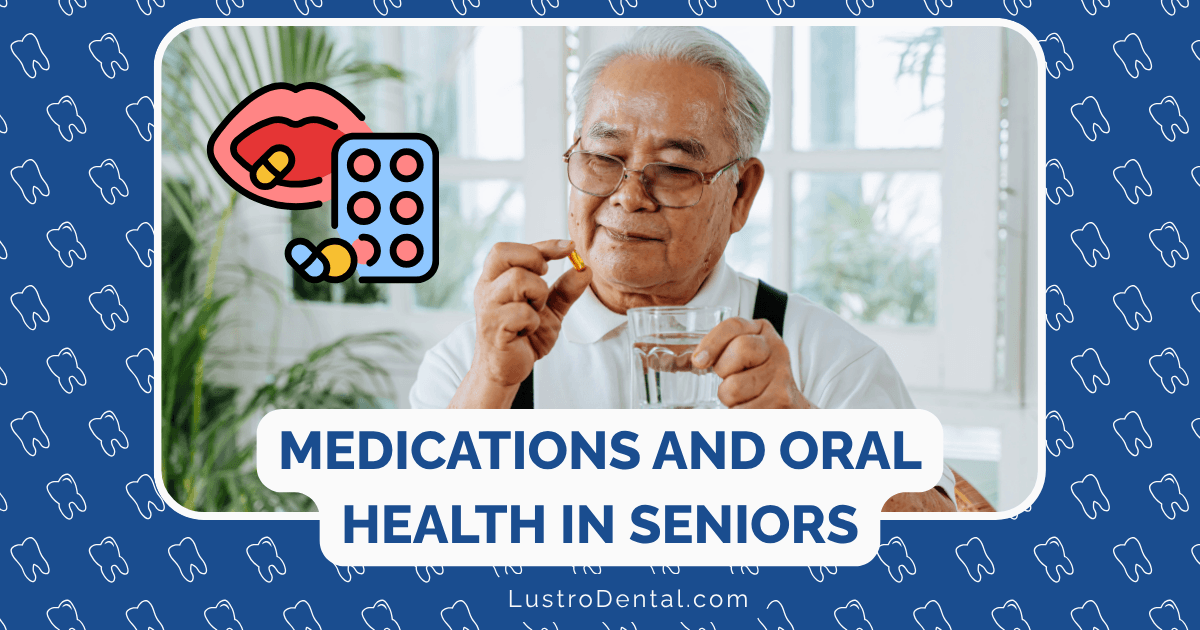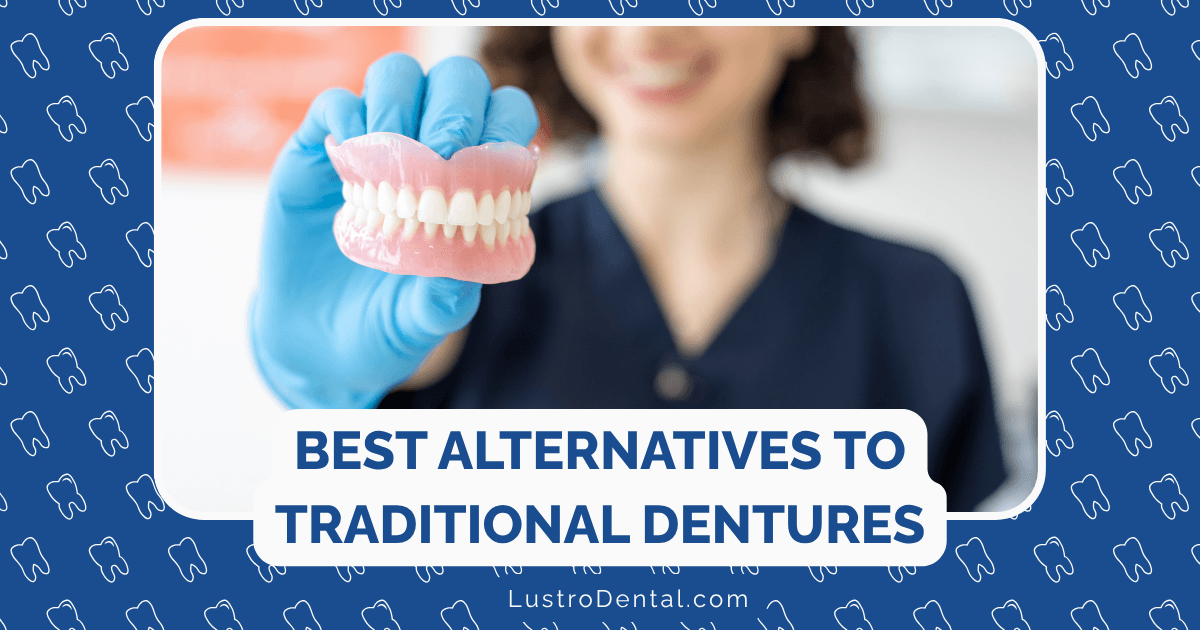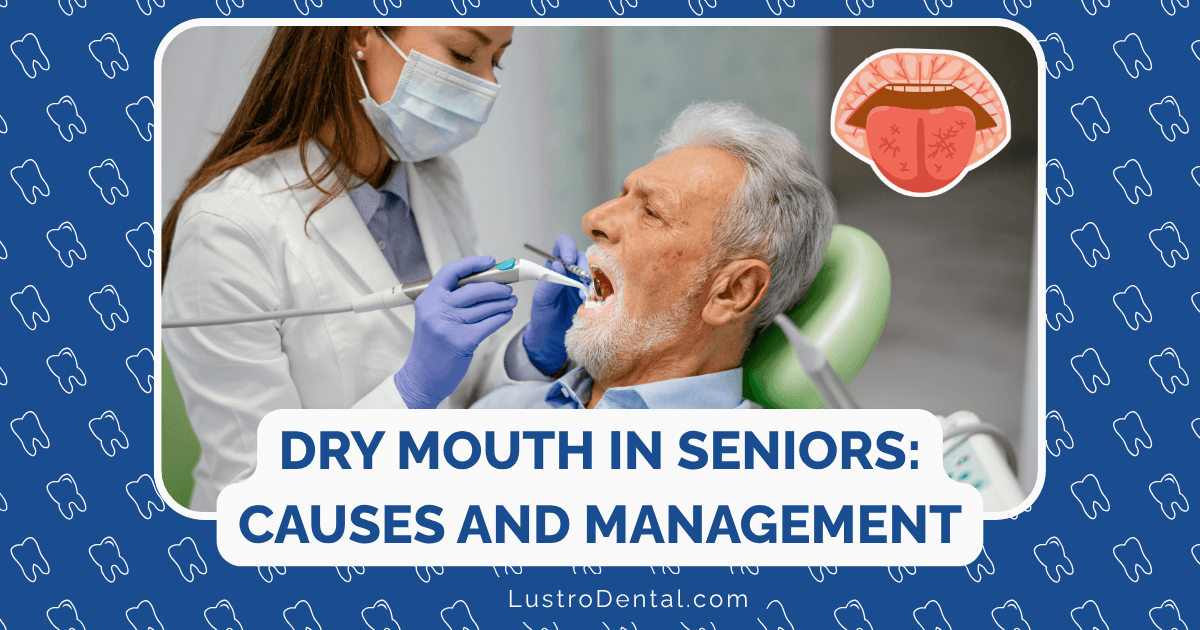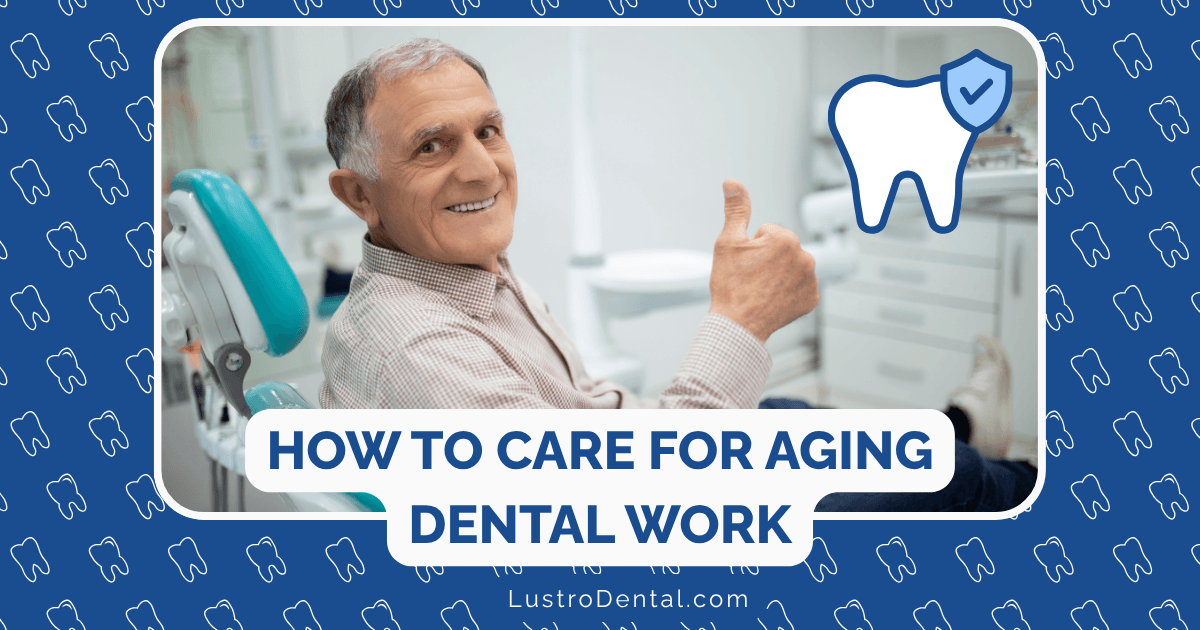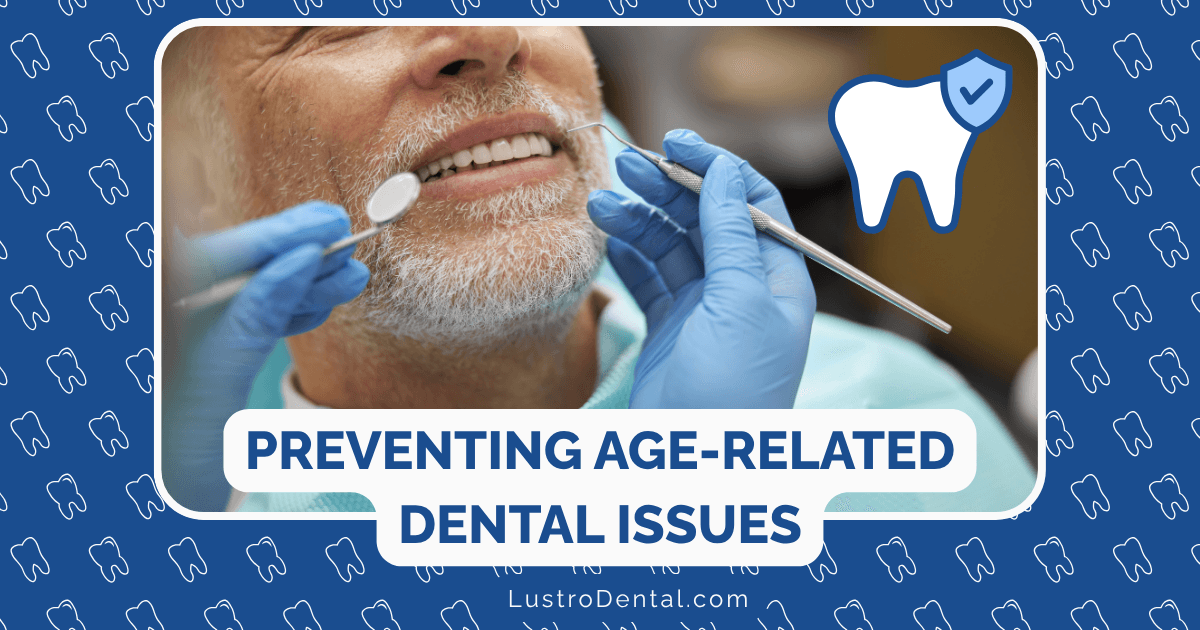Hormone-Related Dental Changes During Menopause: What Every Woman Should Know
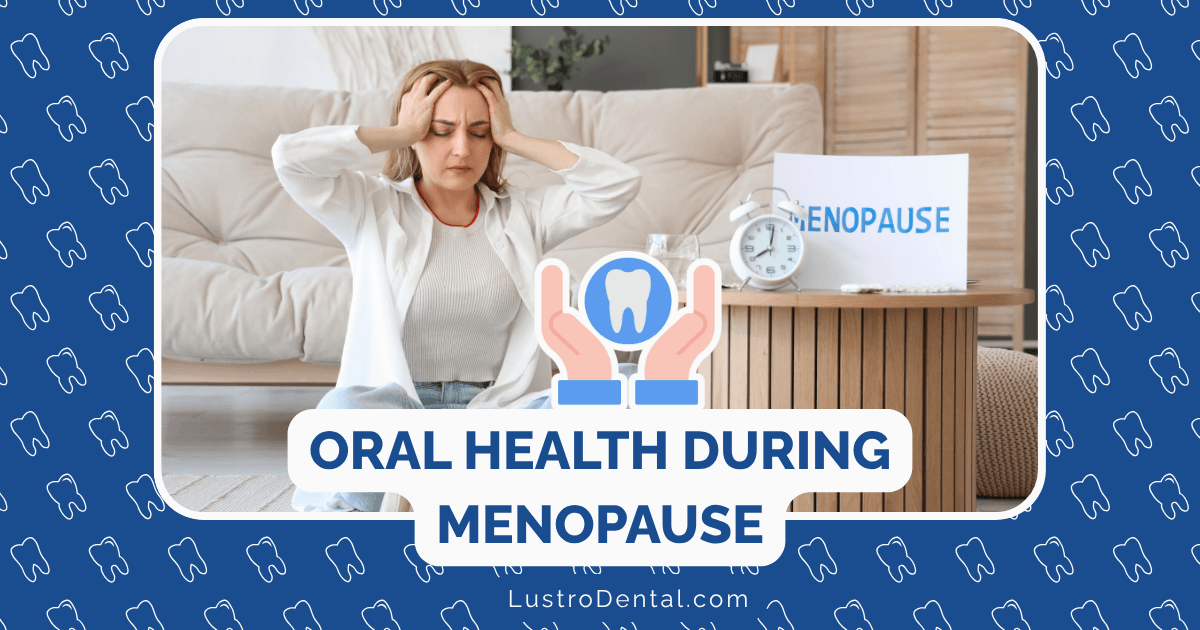
When I first started experiencing hot flashes and irregular periods in my late 40s, I expected the mood swings and night sweats that friends had warned me about. What caught me completely off guard? The changes in my mouth. Suddenly, my gums were more sensitive, my mouth felt perpetually dry, and foods I’d enjoyed for decades tasted different. Was I imagining things, or was menopause affecting my oral health too?
If you’re experiencing similar changes, you’re not alone—and you’re certainly not imagining things. According to a 2024 survey by Delta Dental, a staggering 84% of women are unaware that menopause can affect their oral health, despite the fact that 70% of menopausal women report at least one new oral symptom.
Let’s pull back the curtain on this often-overlooked aspect of menopause and explore how hormonal changes can impact your dental health—and what you can do about it.
The Estrogen Connection: How Hormones Affect Your Mouth
To understand why menopause triggers oral health changes, we need to look at the role estrogen plays in your mouth. Estrogen receptors are present throughout oral tissues—in your gums, salivary glands, jawbone, and even the temporomandibular joint (TMJ) that connects your jaw to your skull.
“Many women are surprised to learn that estrogen does much more than regulate reproductive functions,” explains Dr. Sarah Chen, a dentist specializing in women’s oral health. “It helps maintain bone density, including in your jaw, regulates saliva production, and supports healthy gum tissue. When estrogen levels decline during menopause, these functions can be compromised.”
The average woman enters menopause around age 52, though perimenopause—the transitional phase leading up to menopause—can begin up to a decade earlier. During this time, estrogen levels gradually decrease, triggering a cascade of changes throughout the body, including in your mouth.
Common Oral Health Changes During Menopause
1. Dry Mouth (Xerostomia)
Perhaps the most common oral symptom during menopause, dry mouth affects approximately 25% of menopausal women, according to research published by Penn Dental Medicine.
“My mouth felt like the Sahara Desert,” shares Jennifer, 54, who entered menopause two years ago. “Water became my constant companion, and I found myself waking up multiple times at night with my tongue stuck to the roof of my mouth.”
Dry mouth occurs because estrogen influences saliva production. As estrogen levels drop, so does saliva flow. This creates more than just discomfort—saliva plays crucial protective roles in your mouth:
- Neutralizing acids that cause tooth decay
- Washing away food particles and bacteria
- Delivering minerals that strengthen tooth enamel
- Preventing oral infections
- Aiding in taste and digestion
Without adequate saliva, your risk of tooth decay, gum disease, and oral infections increases significantly.
2. Gum Changes and Periodontal Disease
Have your gums become more sensitive, swollen, or prone to bleeding? You’re experiencing another common menopausal oral health change.
Estrogen helps regulate inflammation in gum tissue. As levels decline, your gums become more vulnerable to the bacteria in plaque, leading to:
- Increased inflammation (gingivitis)
- Greater susceptibility to infection
- Receding gums
- Deeper pockets around teeth
- Potential tooth loosening or loss
A condition called menopausal gingivostomatitis can also develop, characterized by abnormally pale, dry, shiny gums that bleed easily. Some women also experience unusual sensations like itching or burning in the gums.
According to a comprehensive 2024 review published in the Journal of Oral Health, postmenopausal women have a significantly higher risk of developing periodontitis—advanced gum disease that can lead to tooth loss—compared to premenopausal women.
3. Burning Mouth Syndrome (BMS)
Imagine the sensation of scalding your mouth on hot coffee—except it persists for hours or even days. That’s what burning mouth syndrome feels like for many women.
“The burning sensation started on my tongue, then spread to my lips and the roof of my mouth,” recalls Maria, 55. “Doctors ran tests for everything from vitamin deficiencies to fungal infections, but eventually diagnosed it as burning mouth syndrome related to menopause.”
This condition affects up to 40% of menopausal women to some degree and is characterized by:
- Burning sensations in the mouth, particularly on the tongue
- Dry mouth and increased thirst
- Altered taste perception (often metallic or bitter)
- Tingling or numbness in the mouth
- Pain that may worsen as the day progresses
While the exact cause isn’t fully understood, hormonal changes, reduced nerve function, and immune system alterations during menopause are believed to contribute to BMS.
4. Bone Loss and Tooth Mobility
Estrogen plays a crucial role in maintaining bone density throughout your body—including your jawbone. During the first five years after menopause, women can lose up to 10% of their bone mass due to decreased estrogen.
This bone loss can affect your oral health in several ways:
- Reduced density in the alveolar bone that supports your teeth
- Increased tooth mobility or shifting
- Changes in how your teeth fit together (your bite)
- Greater risk of tooth loss
- Potential complications with dental implants
“I noticed my front teeth seemed to be shifting, and there were new gaps I hadn’t had before,” says Patricia, 58. “My dentist explained that bone loss in my jaw from menopause was causing these changes.”
5. Altered Taste Perception
Have your favorite foods lost their appeal? Does everything taste slightly metallic? Estrogen affects taste perception, and its decline during menopause can alter how you experience flavors.
Changes in taste can lead to:
- Decreased enjoyment of food
- Poor nutrition if you avoid certain foods
- Increased use of salt or sugar to enhance flavor
- Weight changes due to altered eating habits
Addressing Menopausal Dental Changes: Your Action Plan
The good news? With awareness and proactive care, you can manage these changes effectively. Here’s your comprehensive action plan:
1. Enhance Your Oral Hygiene Routine
During menopause, your basic oral care routine needs an upgrade:
- Brush thoroughly twice daily with a soft-bristled toothbrush and fluoride toothpaste
- Floss daily to remove plaque between teeth where your brush can’t reach
- Consider an electric toothbrush, which can be more effective at removing plaque
- Add an alcohol-free antimicrobial mouthwash to your routine
- Clean your tongue daily with a tongue scraper to remove bacteria
“I recommend patients invest in a high-quality electric toothbrush during menopause,” advises Dr. Chen. “The consistent pressure and motion can help compensate for reduced saliva and provide a more thorough cleaning.”
2. Combat Dry Mouth
Dry mouth isn’t just uncomfortable—it significantly increases your risk of dental problems. Try these strategies:
- Stay hydrated by carrying water with you throughout the day
- Use over-the-counter saliva substitutes or mouth moisturizing gels
- Try sugar-free lozenges or gum containing xylitol to stimulate saliva flow
- Use a humidifier at night to keep the air in your bedroom moist
- Limit caffeine, alcohol, and tobacco, which can worsen dry mouth
- Consider prescription medications for severe cases (talk to your healthcare provider)
“Adding a humidifier to my bedroom made a huge difference for my nighttime dry mouth,” shares Jennifer. “I also keep sugar-free mints by my bed for when I wake up with a particularly dry mouth.”
3. Adjust Your Diet
What you eat can significantly impact your oral health during menopause:
- Increase calcium and vitamin D intake to support bone density (dairy products, fortified plant milks, leafy greens, fatty fish)
- Choose foods that promote saliva production (crisp fruits and vegetables like apples and carrots)
- Limit acidic foods and beverages that can further erode enamel
- Reduce sugar consumption, which feeds the bacteria that cause decay and gum disease
- Stay well-hydrated with water rather than sugary or acidic drinks
“I’ve found that snacking on crisp vegetables like celery and bell peppers helps stimulate my saliva flow,” says Maria. “And I’ve made it a habit to rinse with water after anything acidic or sweet.”
4. Schedule More Frequent Dental Visits
During menopause, the standard six-month dental visit schedule may not be sufficient:
- Consider quarterly cleanings if you’re experiencing gum issues
- Ask for fluoride treatments to strengthen enamel and prevent decay
- Discuss getting a baseline bone density measurement of your jaw
- Be open about your menopausal status with your dental team
- Request oral cancer screenings at each visit (risk increases with age)
“I now see my patients going through menopause every three to four months,” explains Dr. Wilson, a periodontist. “This allows us to catch and address issues before they become serious problems.”
5. Explore Medical Interventions
For more severe symptoms, medical interventions may be appropriate:
- Hormone replacement therapy (HRT) can help alleviate many oral symptoms by restoring some estrogen
- Prescription-strength fluoride toothpaste can provide extra protection against decay
- Medications for burning mouth syndrome may include certain antidepressants, anticonvulsants, or topical treatments
- Bone-strengthening medications might be recommended if significant jaw bone loss is detected
“After struggling with severe burning mouth syndrome for months, I discussed HRT with my doctor,” recalls Patricia. “Within weeks of starting treatment, the burning sensation diminished significantly, and my dry mouth improved too.”
Always discuss the potential benefits and risks of HRT with your healthcare provider, as it’s not appropriate for everyone.
6. Address Teeth Grinding and Clenching
Many women report increased teeth grinding (bruxism) during menopause, possibly due to sleep disturbances, increased stress, or hormonal changes:
- Ask your dentist about a custom night guard to protect your teeth
- Practice stress-reduction techniques like meditation, yoga, or deep breathing
- Be aware of daytime clenching and consciously relax your jaw throughout the day
- Consider physical therapy if you’re experiencing TMJ pain
When to Seek Professional Help
While some degree of oral change during menopause is normal, certain symptoms warrant prompt professional attention:
- Persistent bleeding gums, especially after brushing or flossing
- Loose teeth or noticeable changes in how your teeth fit together
- Severe or persistent dry mouth that affects eating or speaking
- Burning sensations that don’t improve with home care
- New or worsening tooth pain or sensitivity
- Sores or white patches in your mouth that don’t heal within two weeks
The Bottom Line: Advocacy and Awareness
Perhaps the most important takeaway is this: be your own advocate. According to recent research, only 2% of menopausal women discuss oral health changes with their dentist, and 53% of dentists won’t bring up menopause unless the patient mentions it first.
“I encourage all my female patients in their 40s and beyond to proactively discuss hormonal changes with their dental team,” urges Dr. Chen. “Don’t assume that bleeding gums or dry mouth are just part of getting older—they’re often treatable symptoms related to hormonal changes.”
By 2025, an estimated 1.1 billion women worldwide will be experiencing menopause. With greater awareness and open communication, we can ensure that oral health doesn’t become the forgotten aspect of menopausal care.
Have you noticed changes in your oral health during perimenopause or menopause? What strategies have worked for you? Share your experiences in the comments below to help other women navigate this important but often overlooked aspect of the menopausal journey.


